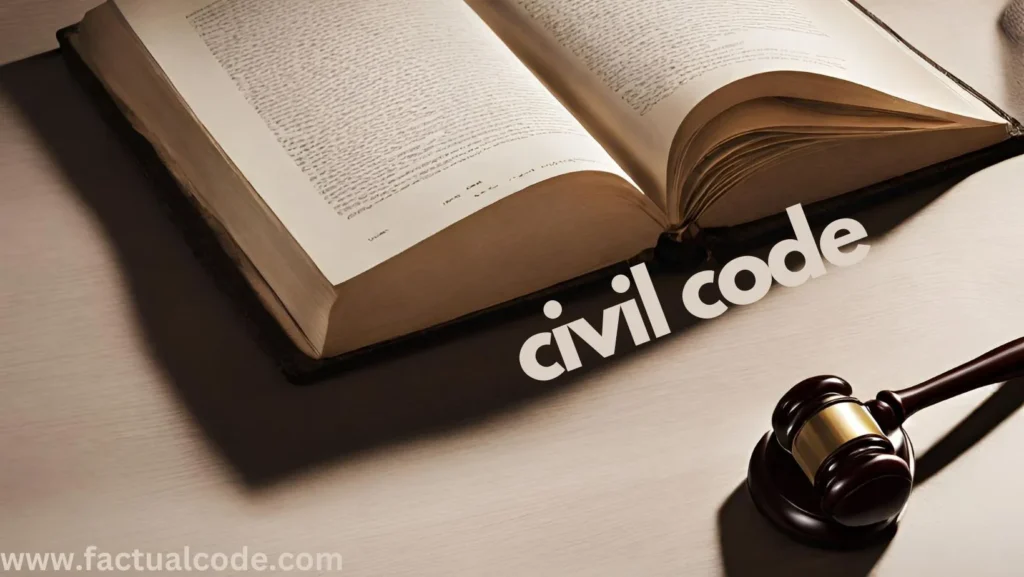Introduction 🌟📚👨⚖️
In civil litigation, minors and persons of unsound mind are considered legally incapable of protecting their interests due to a lack of legal competence. Recognizing this vulnerability, the Code of Civil Procedure, 1908 (CPC) introduces a special procedural framework under Order XXXII to ensure their interests are represented justly and equitably. This framework upholds the doctrine of parens patriae, enabling courts to act as guardians for those who cannot legally act on their own behalf. 🎓🧑⚖️🔐
Legal Definitions 📖📌👥
Minor: As per Section 3 of the Indian Majority Act, 1875, a person is a minor until the age of 18. However, if a court-appointed guardian is involved or if the property is managed by the Court of Wards, the age of majority extends to 21.
Person of Unsound Mind: An individual who is unable to safeguard their legal interests due to mental incapacity. Courts may formally adjudicate such status based on evidence. 👦🧠📄
Objective and Scope of Order XXXII 🛡️📄✅
Order XXXII ensures:
Proper legal representation of minors and mentally incapacitated persons.
Prevention of legal exploitation through unfair suits, decrees, or settlements.
Procedural clarity in handling such cases from initiation to execution. 📜👩⚖️🧾
Procedural Framework under Order XXXII 🧾⚖️🔍
1. Rule 1 – Suit by Minor: Representation by Next Friend 🧒👫🔐
A minor cannot sue independently. The suit must be filed in the name of a next friend, a competent adult with no conflicting interests.
2. Rule 2 – Suit Filed Without Next Friend 🚫📑🧍
A plaint filed without a next friend is considered procedurally defective. The defendant may apply for its rejection.
3. Rule 2A – Security for Costs 💰🔒📋
Courts may require the next friend to furnish security for costs to discourage frivolous or vexatious litigation.
4. Rule 3 – Minor Defendant: Appointment of Guardian ad Litem 👶👤🛡️
If a minor is named as a defendant, the court must appoint a guardian ad litem to represent their defense throughout the proceedings.
5. Rule 3A – Protection Against Adverse Interests 🚨🤝⚠️
A decree will not be invalidated solely because the guardian or next friend had a potential conflict, unless the conflict demonstrably harmed the minor’s interest.
6. Rule 4 – Who Can Act as Next Friend or Guardian 🧑⚖️🙅♂️✅
Any competent adult without adverse interests can serve. If the minor already has a court-appointed guardian, that individual is preferred unless deemed unsuitable.
7. Rule 5 – Application and Order Procedure 📑➡️🧑⚖️
All applications and procedural steps concerning the minor must be taken by or through the next friend or guardian.
8. Rule 6 – Handling of Property under Decree 🏠💼🔏
Next friends or guardians must obtain court permission before receiving property or monetary awards on behalf of the minor. Security may be required.
9. Rule 7 – Court Approval for Settlements 🤝📜🔍
Any settlement or compromise involving a minor must be sanctioned by the court. Without this approval, the agreement is voidable.
10. Rule 8 – Resignation of Next Friend 🔄🚶♂️📤
A next friend cannot resign without appointing a substitute and ensuring the court’s approval.
11. Rule 9 – Removal of Next Friend ❌👥📉
The court may remove a next friend for negligence, adverse interest, or failure to act in the minor’s best interests.
12. Rule 10 – Temporary Suspension of Proceedings ⏸️🕰️📌
In case of the next friend’s death, resignation, or removal, legal proceedings are paused until a new representative is appointed.
13. Rule 12 – Minor Attaining Majority 🎂📣👤
When a minor reaches adulthood during the suit, they must notify the court and decide whether to proceed independently.
14. Rules 13 & 14 – Repudiation and Unreasonable Suits 🔙📤🧠
After attaining majority, a co-plaintiff or plaintiff may repudiate an unreasonable or improperly filed suit.
15. Rule 15 – Extension to Persons of Unsound Mind 🧠📜🙍
All above provisions (except Rule 2A) equally apply to persons adjudged of unsound mind.
Key Judicial Precedents 📚🏛️🔍
Ramchandra Arya v. Mansingh (AIR 1968 SC 954) 👨⚖️🏠❌
A decree passed without appointing a guardian for a person of unsound mind was held void. The Supreme Court reaffirmed that representation under Order XXXII is mandatory. ⚖️🧑⚖️📜
Kasturi Bai v. Anguri Chaudhary (2003) 1 SCALE 735) 👩⚖️🧓📋
The Supreme Court ruled that a court must conduct an inquiry before denying guardian appointment for an allegedly mentally infirm litigant. Procedural diligence was emphasized. 🔍📖✅
Conclusion 🎯📌📖
Order XXXII of the CPC provides a detailed procedural mechanism to protect the interests of minors and persons of unsound mind in civil suits. The order mandates judicial oversight at every stage—from instituting the suit to executing decrees and approving settlements—ensuring that such litigants are not prejudiced due to their incapacity. Courts must be vigilant in appointing appropriate representatives and upholding the procedural safeguards enshrined in law. 🧑⚖️📝🔒
Pro Tip: In every suit involving a minor or a person of unsound mind, confirm the appointment and conduct of the next friend or guardian. Any lapse in this procedural safeguard can render the entire proceeding void. 💡🛑🧑⚖️

